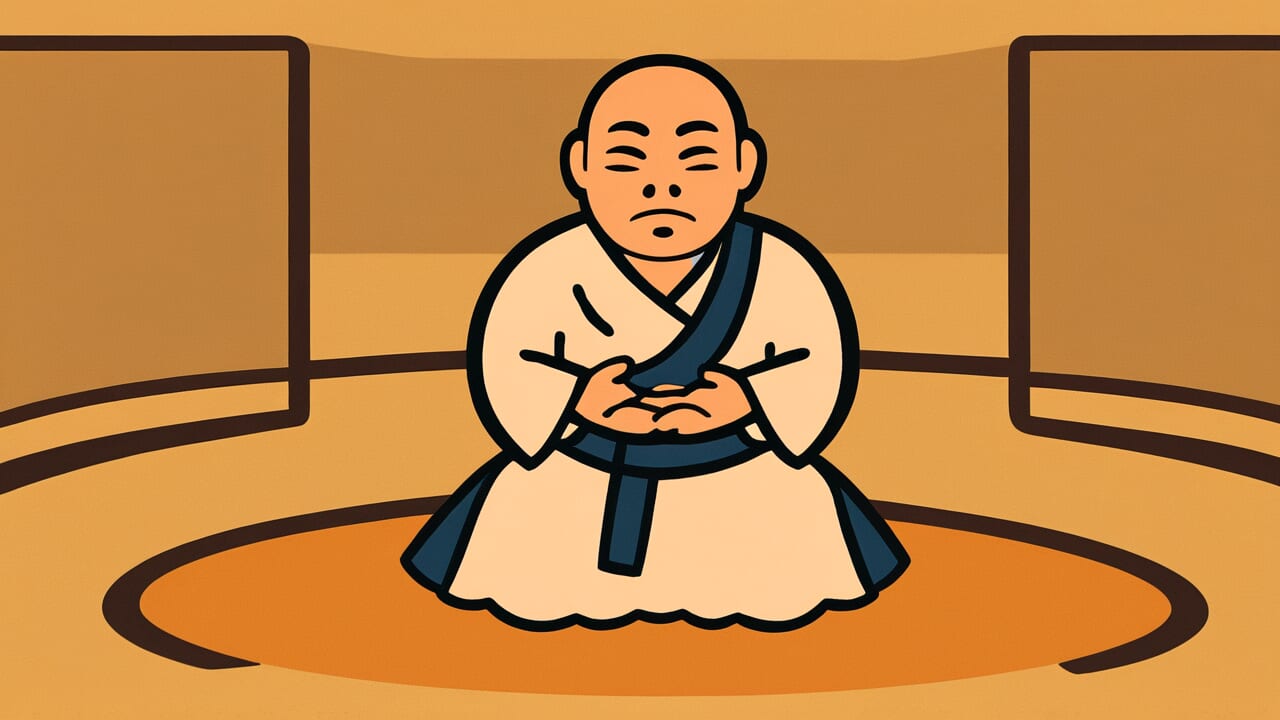How to Read “It is difficult to remain long under a great lord”
Daimyō no moto wa motte hisashiku ori gatashi
Meaning of “It is difficult to remain long under a great lord”
This proverb means it is hard to stay safe and secure for a long time when you serve under someone powerful. People close to the center of power may seem fortunate, but they actually live in constant uncertainty.
A powerful person’s mood or decision can change your position dramatically. You also face higher risks of getting caught in power struggles or factional conflicts.
You might be favored today but fall from grace tomorrow. The proverb expresses how difficult it is to live with this kind of tension.
People use this saying when pointing out the instability of those in upper management. It also warns about the risks of getting too close to powerful people.
Even today, this expression accurately describes the precarious positions of CEOs’ assistants, politicians’ secretaries, and others who work near power.
Origin and Etymology
The exact source of this proverb remains unclear, with several theories. However, the phrase structure offers interesting clues.
The classical expression “motte” suggests possible influence from ancient Chinese philosophy.
The word “daimyō” reminds us of feudal lords from the Edo period. But in this proverb, it doesn’t refer only to Japanese warrior society.
It more broadly means “powerful person” or “high-ranking individual.” Chinese classics contain many teachings about the dangerous position of servants under rulers or powerful people.
Such ideas likely came to Japan and were expressed in ways that fit Japanese society.
The phrase “difficult to remain long” captures the essential instability of being near power. You can enjoy glory while close to a powerful person.
But if you lose their favor, you fall quickly. Or you constantly risk getting caught in power struggles.
Our ancestors expressed this universal truth in simple words. Throughout history, in both warrior and court societies, the rise and fall of those serving near power was common.
This accumulated experience gave birth to the proverb.
Usage Examples
- I hear that company president’s secretaries never last three years. It’s truly “It is difficult to remain long under a great lord.”
- He rose as an executive’s right-hand man, but “It is difficult to remain long under a great lord”—he ended up transferred to a lesser position.
Universal Wisdom
“It is difficult to remain long under a great lord” speaks to the essential nature of power. Power constantly shifts, and those nearest to it inevitably feel its instability most strongly.
Why is being close to powerful people dangerous? Because powerful people themselves are always on guard.
The higher someone’s position, the more sensitive they become to threats. Those closest are both the most trusted and the most suspected.
This contradictory relationship makes maintaining a stable position difficult.
Furthermore, competition always exists around power. People compete for limited favor and positions, sometimes sabotaging each other.
The closer you are to power, the fiercer this competition becomes. A single mistake can lead to devastating consequences.
This proverb has endured because it touches a universal truth about power structures in human society.
Times change, organizations change, but the danger of being near power remains constant.
Our ancestors saw through the dangers hidden behind glory and left this warning for future generations. It’s not just practical wisdom—it’s deep insight into human nature itself.
When AI Hears This
Looking at the lord-subordinate relationship mathematically reveals an interesting contradiction. A powerful person promises “I’ll reward you if you serve me long.”
But this promise has a fatal flaw. After the subordinate actually serves for a long time, breaking the promise becomes most beneficial for the lord.
Game theory calls this “time inconsistency.” For example, today’s lord promises “I’ll give you a reward in ten years.”
But ten years later, that future lord thinks “The service already happened and won’t change, so not giving the reward is better.” Future self has no motivation to keep past self’s promise.
Subordinates see through this structure. So rational subordinates don’t trust the lord’s promise and exit early.
This resembles the prisoner’s dilemma in repeated games. When the end is visible, cooperation collapses.
Betrayal is optimal in the final round, so it becomes optimal in the previous round too. This reasoning works backward until cooperation fails from the start.
This proverb is sharp because it points not to individual character but to strategic dilemmas embedded in power structures themselves.
No matter how good-hearted a lord is, promises lack credibility without institutional constraints.
Lessons for Today
This proverb teaches us to understand the inherent risks of being near power or high positions. We need to find a balanced place to stand.
Getting close to upper management in an organization certainly looks attractive. You get information easily and can have influence.
But don’t forget the hidden risks lurking there. The key is not depending on your relationship with just one powerful person for your value.
Build multiple relationships, develop various skills, and create unique value within your organization. That’s the best way to protect yourself.
A powerful person’s favor shifts easily. But your own abilities and trustworthiness become assets no one can take away.
If you’re in a position close to power, don’t forget humility. Assume that position won’t last forever and always think about your next move.
This isn’t pessimistic—it’s realistic and wise.
Rather than shining near power, stand firmly on your own feet. This proverb teaches us that’s the secret to building a long, stable career.



Comments